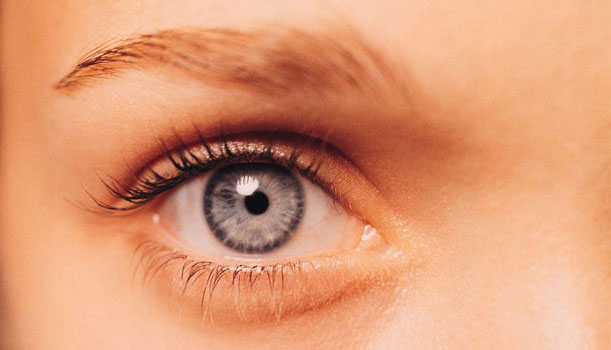Find the recessive gene that causes congenital blindness
According to Xinhua, a group of researchers, led by Chinese scientists, has discovered a gene that can cause congenital blindness.
According to scientists, congenital blindness is a disease caused by recessive chromosomes through retinal degeneration and only about 70% of the causes are found, while 30% of the remaining causes has yet to be discovered.
After studying the cause of the disease in some cases of eye defects, researchers, led by Professor Qi Minh of Zhejiang University, concluded that a gene called "NMNAT1" is the cause. The main cause of this disease.

'NMNAT1 ' can help protect light-receiving cells in the retina and is important for nerve cells, heart tissue, kidneys and liver in the body.
However, mutations of 'NMNAT1' can cause congenital Leber blindness (LCA), and its mutations can also harm the patient's nervous system and some other organs.
Yangshun Gu, an expert at a Zhejiang University Branch Hospital, said that there are more than 600 types of genetic eye diseases that are difficult to diagnose and genetic testing is an important measure to diagnose the disease.
The team consists of scientists from countries such as China, the United States, Brazil, Canada and Australia.
Besides Qi Ming's group, the other three groups led by Chen Rui from Baylor Medical University in Houston, Josseline Kaplan, Jean-Michel Rozet from France, and Eric Pierce from Massachusetts Ear and Eye Hospital in Boston also discover similar results. And their report was published in Nature Genetics on July 29.
Experts said that the identification of these genes helped to find ways to treat eye diseases, since the development of molecular biotechnology helps prevent and treat genetic diseases, through Diagnosis and treatment of genetic genes.
Professor Qi Ming said that currently some scientists in the US and Europe have mastered the technology of locating eye disease genes and can implant good genes to promote the development process. healthy bodies.
- Detection of the 15th gene causes congenital blindness
- New step in treating blind patients
- Congenital haemorrhage - The disease is hard to cure, easy to prevent
- Rare white lion was born in America
- Scientists found a way to cure blindness with gene therapy
- Going to cure congenital olfactory loss?
- Gene therapy interventions can cure congenital deafness
- Prevent blindness by just one shot
- Gene therapy helps bring light to dogs who are born blind
- Can be blinded by chemicals
- Bionic eye sends images directly to the brain to restore part of vision
- How is 'dry blindness' dangerous to health?
 Green tea cleans teeth better than mouthwash?
Green tea cleans teeth better than mouthwash? Death kiss: This is why you should not let anyone kiss your baby's lips
Death kiss: This is why you should not let anyone kiss your baby's lips What is salmonellosis?
What is salmonellosis? Caution should be exercised when using aloe vera through eating and drinking
Caution should be exercised when using aloe vera through eating and drinking